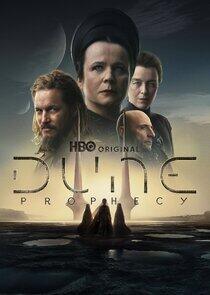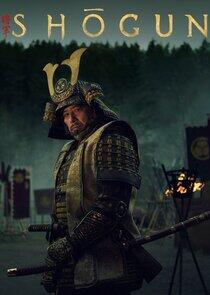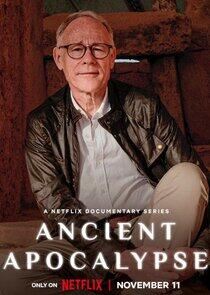
Graham Hancock
Born in Edinburgh, Hancock studied sociology at Durham University before working as a journalist, writing for a number of British newspapers and magazines. His first three books dealt with international development, including Lords of Poverty (1989), a well-received critique of corruption in the aid system. Beginning with The Sign and the Seal in 1992, he shifted focus to speculative accounts of human prehistory and ancient civilizations, on which he has written a dozen books, most notably Fingerprints of the Gods and Magicians of the Gods.
Experts have described Hancock's investigations of archaeological evidence, myths and historical documents as superficially resembling investigative journalism but lacking in accuracy, consistency, and impartiality. They define his work as pseudoarchaeology and pseudohistory because they consider it to be biased towards preconceived conclusions by ignoring context, misrepresenting sources, cherry picking, and withholding critical counter-evidence. Anthropologist Jeb Card has described Hancock's writings as being paranormal in nature and his idea of an Ice Age civilization as a modern mythological narrative that, due to its emphasis on alleged secret and spiritual knowledge (including psychic abilities and communing with souls and "powerful nonphysical beings" via the use of psychedelics), is incompatible with the archaeological scientific method. Hancock portrays himself as a culture hero who fights the "dogmatism" of academics, presenting his work as more valid than professional archaeology and as "a path to truly understanding reality and the spiritual elements denied by materialist science", though he often cites science in support of his ideas. He has not submitted his writings for scholarly peer review, and they have not been published in academic journals.
He has also written two fantasy novels and in 2013 delivered a controversial TEDx talk promoting the use of the psychoactive drink ayahuasca. His ideas have been the subject of several films as well as the Netflix series Ancient Apocalypse (2022). Hancock makes regular appearances on the podcast The Joe Rogan Experience to promote his claims.
Biography from the Wikipedia article Graham Hancock. Licensed under CC-BY-SA. Full list of contributors on Wikipedia.
Known For
Recently Updated Shows

Dune: Prophecy
From the expansive universe of Dune, 10,000 years before the ascension of Paul Atreides, Dune: Prophecy follows two Harkonnen sisters as they combat forces that threaten the future of humankind and establish the fabled sect that will become known as the Bene Gesserit.

Law & Order: Special Victims Unit
In the criminal justice system, sexually-based offenses are considered especially heinous. In New York City, the dedicated detectives who investigate these vicious felonies are members of an elite squad known as the Special Victims Unit. These are their stories.

Shōgun
Shōgun is set in Japan in the year 1600 at the dawn of a century-defining civil war. Lord Yoshii Toranaga is fighting for his life as his enemies on the Council of Regents unite against him, when a mysterious European ship is found marooned in a nearby fishing village.

3 Body Problem
Across continents and decades, five brilliant friends make earth-shattering discoveries as the laws of science unravel and an existential threat emerges.

Outlander
Outlander follows the story of Claire Randall, a married combat nurse from 1945 who is mysteriously swept back in time to 1743, where she is immediately thrown into an unknown world where her life is threatened. When she is forced to marry Jamie, a chivalrous and romantic young Scottish warrior, a passionate affair is ignited that tears Claire's heart between two vastly different men in two irreconcilable lives.
The Outlander series, adapted from Diana Gabaldon's international best-selling books, spans the genres of romance, science fiction, history and adventure into one epic tale.
